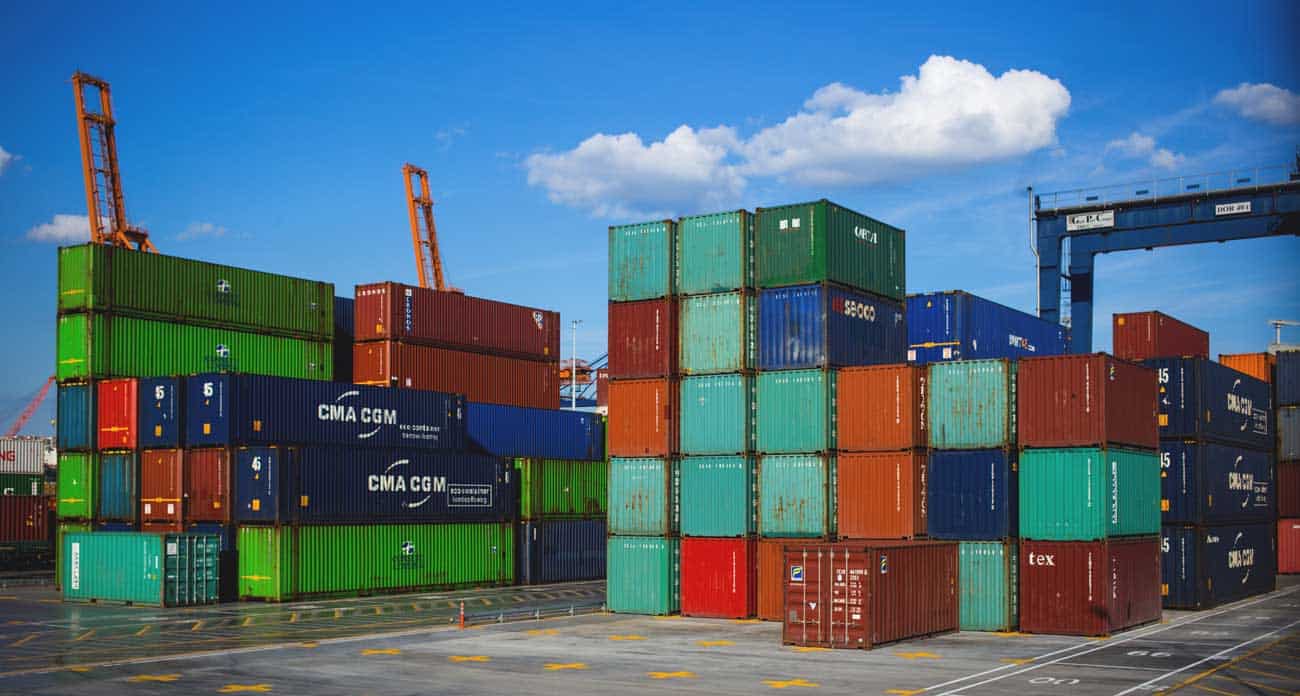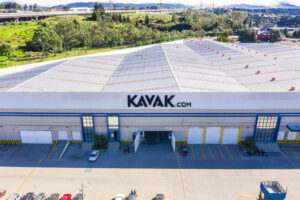
Por Mariana López
January 3, 2020
Contxto – Uruguayan-Brazilian freighttech Gurucargo is making an exit. Notably, it’s “in the process of being sold to a regional traditional player,” according to a Medium post by one of the startup’s founders.
As a result, the freighttech’s main office will be pulled out of Uruguay. In addition, Gurucargo’s leadership will be guiding the acquirer through the ins and outs of their logistics platform for a transitional period that will end in March of this year.
Moreover, two of the three startup’s founders are waiting for an offer from the buyer to determine whether they’ll stay on board.
The nostalgic post’s author, Alejandro Esparza, didn’t specify who the mysterious buyer is. But we’ll likely find out soon.
The three-person team of Esparza, Eric Waizman, and Andrés Israel founded the freighttech in 2014. The final product of their efforts is a “digital cargo agent” with a vast array of tools to ease the life of anyone in the stressful industry that is freight.
With the help of this “cargo guru,” users can find and compare prices for importing and exporting goods by ship or air. As a result, they find the option that best suits their budget, timeframe, and required service. The platform also hosts a digital booking system for better planning efforts.
Gurucargo has made itself present in multiple countries in Latin America besides Uruguay and Brazil. It also manages operations in Mexico, Panama, Paraguay, Chile, Peru, and Argentina.
With such a regional presence, no wonder a larger player set its eyes on buying the startup.
There’s been a neat chain reaction in the freight industry due to the rise of e-commerce in Latin America.
Consumers are increasingly engaging in buying doo-dads on the internet. Because of this, logistics is pushed to leave its comfort zone of archaic processes and digitize operations.
Related article: The thriving Brazilian e-commerce market
Consequently, larger companies have two options: innovating from within or buying others out (like Gurucargo’s acquirer).
These businesses cannot afford to remain idle in the face of more globalized startups like Flexport, or regional ones like Mexican Nowports and Brazilian CargoX.
-ML

Por Yanin Alfaro
February 17, 2026

Por Israel Pantaleón
February 17, 2026

Por Stiven Cartagena
February 13, 2026